Model codes are standardized books developed by code-making agencies. State or local governments can adopt and amend them into law.
The two main model code agencies in the United States are the International Code Council (ICC) and the National Fire Protection Association (NFPA).
- International Code Council (ICC): The ICC is a nonprofit organization that develops and publishes a comprehensive set of model building codes, known as the International Codes (I-Codes). These codes are the foundation for building safety regulations across the United States and many other countries.
- National Fire Protection Association (NFPA): The NFPA, also a nonprofit organization, focuses primarily on fire safety and prevention. Established in 1896, its most well-known publication, the National Fire Code, is intended to minimize the risk and impact of fire-related hazards. Another one of the NFPA’s flagship codes is NFPA 70, also known as the National Electrical Code (NEC), which sets the foundation for electrical safety.
Common Codes Published by Organization. Books are published every three years.
| ICC | NFPA |
| International Building Code (IBC)
International Residential Code (IRC) International Fire Code (IFC) International Plumbing Code (IPC) International Mechanical Code (IMC) International Fuel Gas Code (IFGC) International Energy Conservation Code (IECC) International Existing Building Code (IEBC) International Property Maintenance Code (IPMC) 2018, 2021, 2024… |
NFPA 1 – Fire Code
NFPA 70 – Electric Code NFPA 101 – Life Safety Code 2017, 2020, 2023… |
External Resources
Next up:
What is a Code Adoption?



